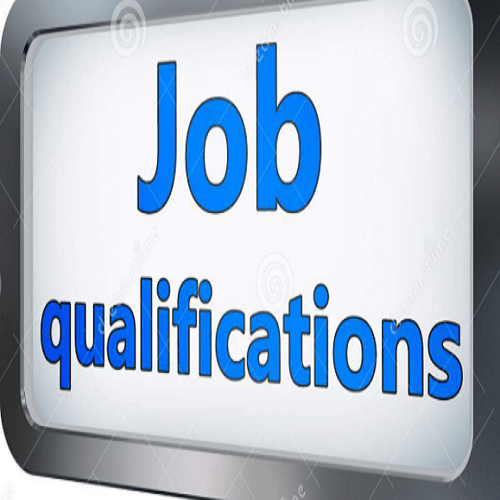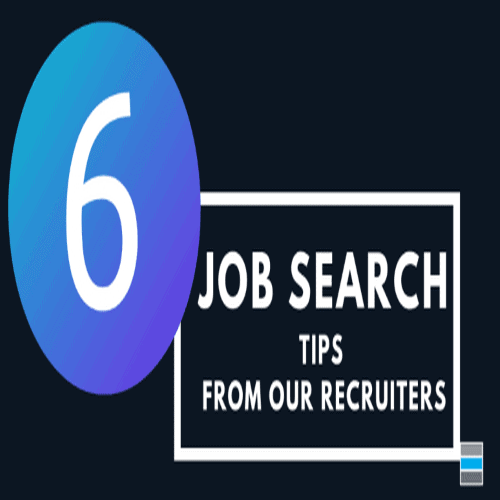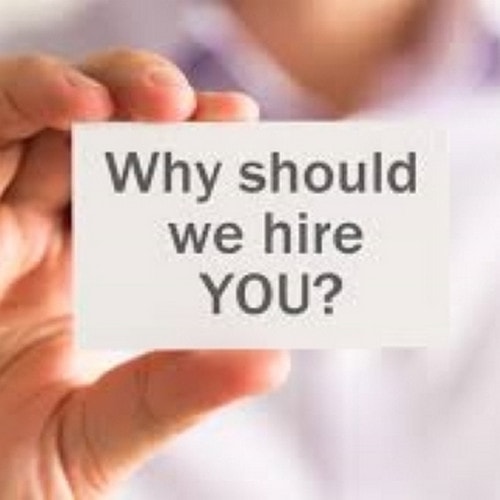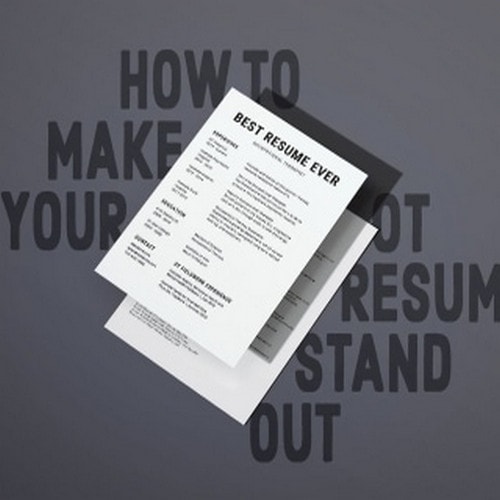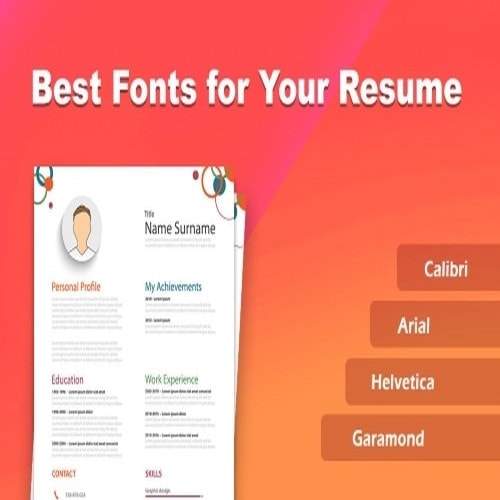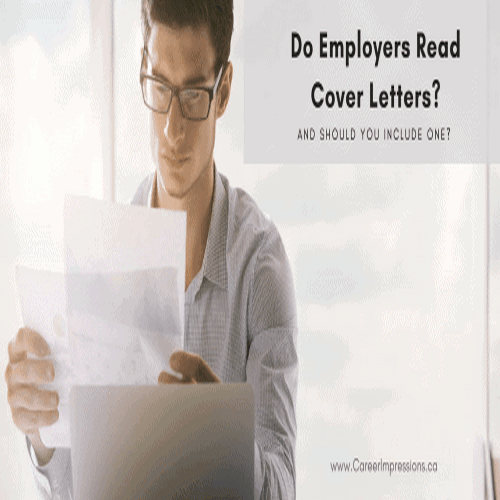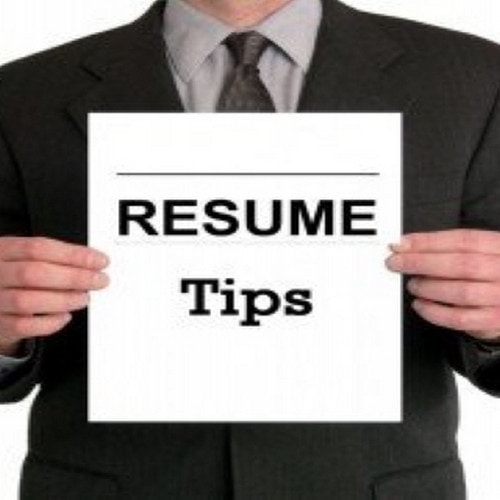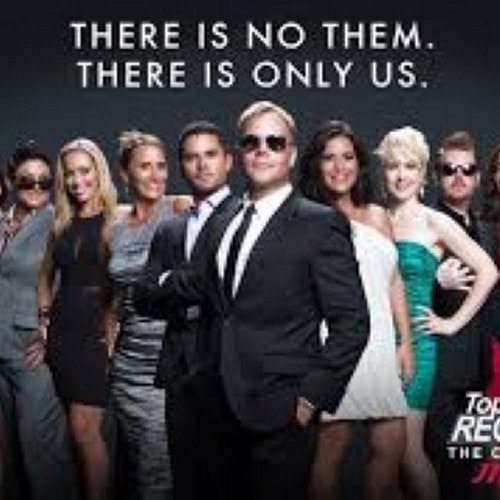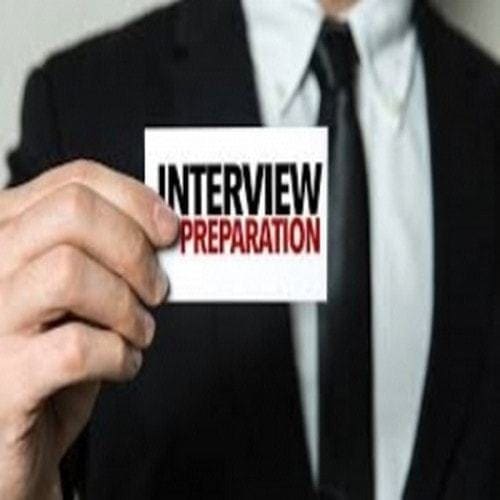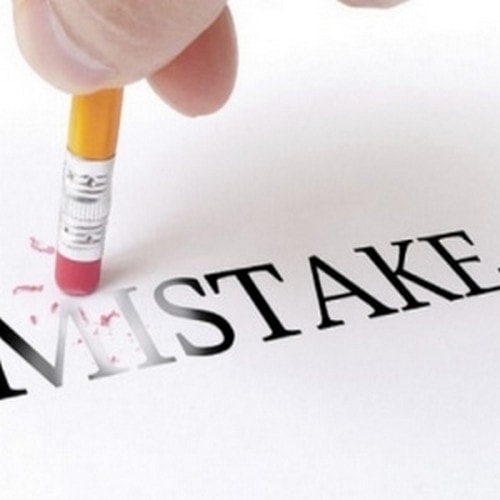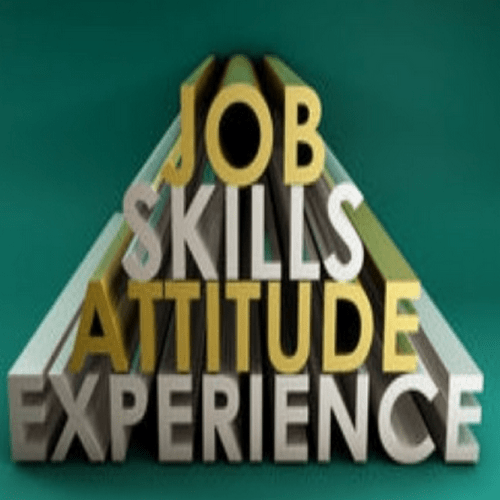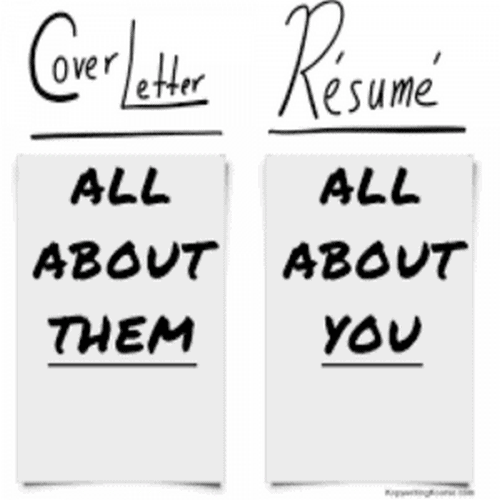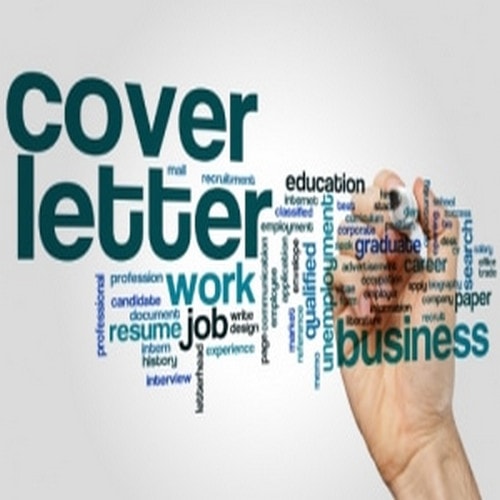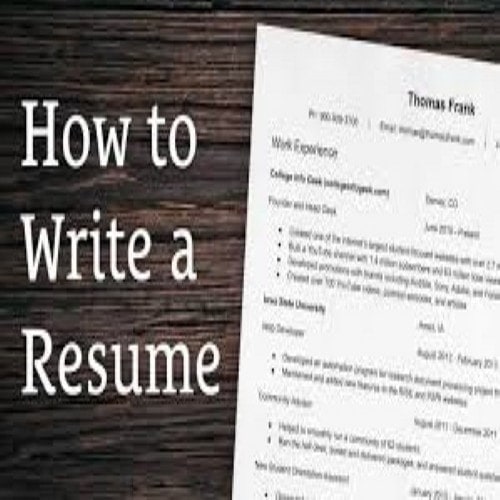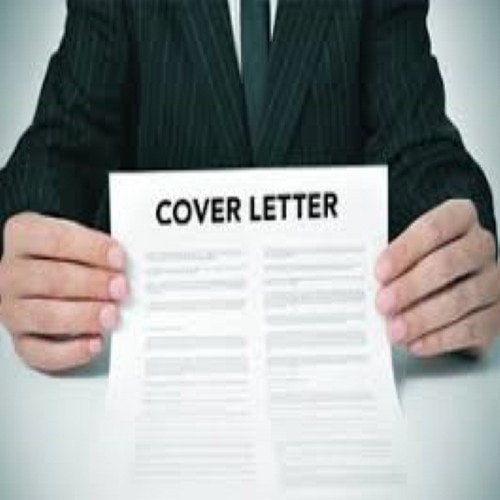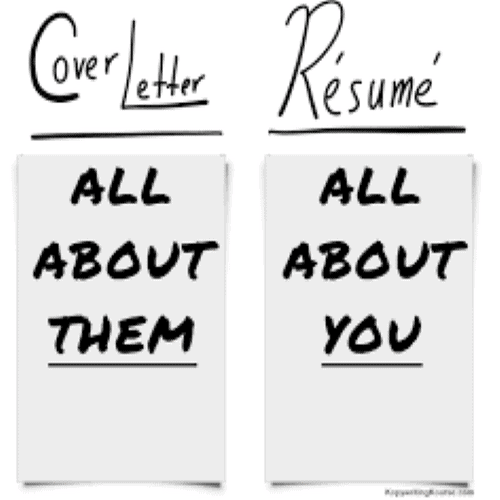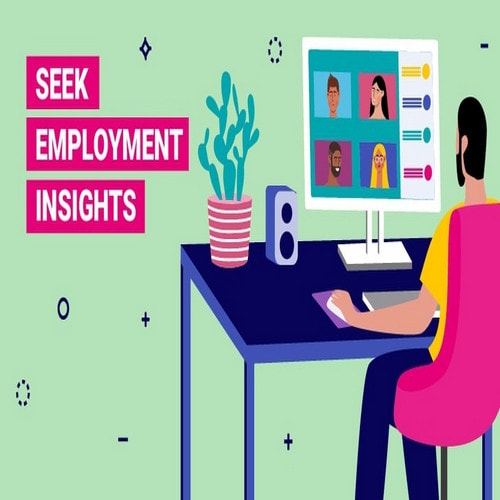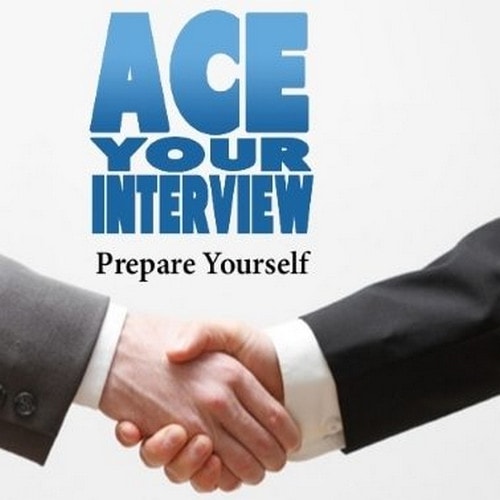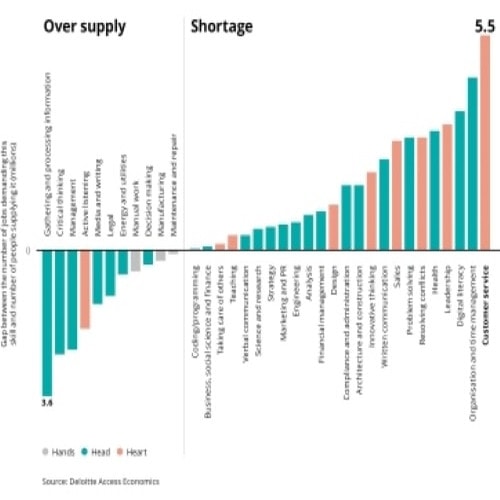I felt butterflies in my stomach, checked my watch every few minutes, and reviewed answers to potential interview questions in my mind until I was invited into the room.
In short, I was grossly anxious, feeling like Shy Ronnie:
Then I discovered, through the first-hand experience, that your mind doesn’t just control your body; it’s reciprocal – your body can control your mind.
You can actually trick your mind to project confidence, calmness, and happiness through the actions of your body, even if you feel like throwing up inside. Regardless of your subject of work, ranging from marketing to engineering, the stress from important interviews can be overwhelming.
Imagine this scenario
For the duration of a 1-hour interview, you have one chance to make it or break it with them. You’ve just been offered an interview with your dream company. This isn’t just some random joe-schmo business you found on Craiglist, but the one you’ve poured everything you have into getting this interview. Countless hours of researching exactly what to ask, what to say, and how to get an interview. Now the time has come and you’re interview is tomorrow.
There is a lot riding on this. Needless to say, you’re a little nervous.
The good news?
You can use body language tactics to project calmness and confidence internally and externally. These tactics, taken directly from a Harvard social psychologist and FBI agent with 25 years experience, make you feel more confident on the inside, which in turn radiates outward to your interviewer. In other words, your body can trick your mind.
Before the Interview
Let’s say your interview is at 2 pm and you show up 10 minutes early. When you arrive ask the secretary if she can show you where the restroom is located. Take 3 minutes in the restroom, ideally in a private stall, while she notifies the hiring manager you’ve arrived. Set the timer on your phone and implement this 3-minute confidence booster:
- Smile for 30 seconds
- Do the superwoman for 2.5 minutes
1. Smile
Dale Carnegie, the notorious communication expert, once talked about the power of smiling, either forced or genuine, in his book How to Win Friends and Influence People:
You don’t feel like smiling? Then what? Two things. First, force yourself to smile. If you are alone, force yourself to whistle or hum a tune or sing. Act as if you were already happy, and that will tend to make you happy. Here is the way the psychologist and philosopher William James put it: “Action seems to follow feeling, but really action and feeling go together; and by regulating the action, which is under the more direct control of the will, we can indirectly regulate the feeling, which is not.”
So if you’re feeling nervous and can’t genuinely smile, force it. It will still work. Hold your teeth together and pull your cheeks back into a forced smile for 30 seconds. It was proven in the Journal of Psychological Science that even the most forced of smiles can genuinely decrease your stress and make you happier.
2. Do the superwoman/SUPERMAN
Social Psychologist Amy Cuddy ran a study, which turned into one of the most-watched TED talks ever, showing how “power posing” can significantly boost your confidence and decrease stress. Power posing raises testosterone levels (i.e. increases confidence) and lowers cortisol levels (i.e. reduces stress), allowing you to feel more powerful, even if you really don’t feel powerful inside initially.
It’s scientifically proven your body can control your mind.
She defines this power-pose as the “superwoman pose, ” but also includes samples of a female political leader and, of course, Beyonce:
Simply spread your legs shoulder-width apart, place your hands on your hips, keep your chin up and look straight ahead. Do this for 2.5 minutes and you’ll feel (oddly) much more powerful. It’s odd that this actually works, as I’ve tried it, so feel free to stand up and give it a test run.
This position is proven to lower your cortisol and increase your testosterone, making you feel more confident and calm.
During the Interview
Now that you’re happy, calm, and confident on the inside, you’ll want to project that confidence on the outside. Here are a few neat tricks to not only display confidence to your interviewer but allow you to feel more confident inside, just like the previous exercise.
The body can control the mind.
1. Steeple your hands
Hand steepling, when you spread your fingertips, pressing them together in a prayer-like gesture, is a very high-confidence display of the hands. It signifies you’re confident in your thoughts and dedicated to your point of view. Individuals in high-authority positions, including Donald Trump, use hand steepling to show dominance.
2. Keep your thumbs up
Thumbs up or down is another gesture indicative of high confidence versus low confidence. So should you give an awkward thumbs up after you tell a positive story from your previous job? Or scream, “ARE YOU NOT ENTERTAINED?!?!” with thumbs up after answering an interview question? Not exactly. To project confidence and calm, keep your thumbs up, with fingers interlaced. This is a body language sign, frequented by authoritative people such as Vladimir Putin, that you are confident in your thoughts. Best used while illustrating a point in a story.
3. Feet pointed toward the interviewer
The feet, believe it or not, are the most honest part of your body. Not your eyes, not your mouth, not your hands… your feet. Why? Because they’re the most reactive to your limbic brain. Your brain is separated into three parts:
- Reptilian (or stem) – controls basic intuition like eating, drinking fluids, reproduction, peeing, sleep, etc
- Mammalian (or limbic) – reacts to subconscious thoughts and emotions; the “honest” part of your brain
- Neocortex (or human) – critical thought, allows us to develop software, fly to the moon and cook a gourmet meal
It’s critical to understand your brain controls all behaviors; whether going to the bathroom (reptilian), covering your ears when you hear a loud noise (mammalian), or hacking your Linkedin profile to get more endorsements (neocortex).
Critical thought separates the mammalian brain from the neocortex. For example, a suicide bomber may sweat profusely while being interrogated by a customs officer, because of the Mammalian brain, yet the neocortex allows him to lie with a straight face. Your limbic brain controls physiological functions, such as sweating or heavy breathing when scared, while your neocortex controls the ability to deceive and lie, pretending you’re not afraid or nervous.
Similarly, when people are introduced, their feet naturally don’t face each other. One foot usually faces the person, while the other points in another direction. Or if they’re very uncomfortable, both feet are facing away from the person, while their torso and eyes face toward the person. Try observing this when you see people meet for the first time. More than likely, their feet won’t be facing each other.
Thus, when you face someone completely, both feet pointed toward them, it projects confidence and openness.
4. Sit up straight, shoulders back, lean in
When you sit up straight and open up your chest, thus pulling your shoulders back, it’s scientifically proven to raise your confidence, proven by a study conducted by Amy Cuddy at Harvard. They separated people into two groups – those sitting in dominant positions (i.e. sitting up straight) against those sitting with poor posture (i.e. slouching), then let them gamble. People placed in a dominant position were 45% more likely to make a riskier bet. By sitting up straight, you’ll naturally be more likely to take risks, due to your increased testosterone and confidence.
Similarly, when asked a question, lean in toward your interviewer. This shows you’re listening closely to the question, are comfortable with the interviewer, and conveys engagement. The process of leaning in is a subset of ventral fronting, where your torso faces the direction you favor. This is the opposite of ventral denial, where you turn away from something you don’t like. This is why we slightly turn to the side when someone approaches us at a party we don’t like and lean in toward those we’re interested in.
Thus, show your interviewer you are comfortable with them by sitting up straight, keeping your shoulders back, and leaning in.
Body language to avoid
Now that we’ve covered body language tricks to convey during the interview, these are 5 critical body language tips you should avoid.
1. Neck or face touching
Neck or face touching is the adult equivalent of toddlers sucking their thumb. When wanting to feel comfortable, adults assume pacifying behaviors – such as neck or face touching. Pacifying behaviors are the limbic brain’s response when we experience something unpleasant.
They all accomplish the same thing – the brain requires the body to stimulate nerve endings, releasing calming endorphins in the brain so that the brain can be soothed. These stroking behaviors when asked a difficult interview question don’t help us solve problems, rather, they help us remain calm while we do.
Men touch their faces. Women touch their necks, clothing, jewelry, arms, and hair. Neck touching is arguably the most powerful and universal pacifying behavior. This demonstrates insecurity and limited confidence. Here are some examples: In other words, keep your hands off your face and neck!
2. Leg cleansing
Leg cleansing is another pacifying behavior, where you rub down from upper quad to knees, with knees and feet close together. This gesture accomplishes two things at once – it dries sweaty palms and pacifies through tactile rubbing. Similar to touching your face, rubbing your hands down your legs is a pacifying behavior that displays anxiety. Don’t do it.
3. Interlocking your ankles
Locking your feet suddenly after being asked a tough question may suggest discomfort or insecurity. Interlocking the ankles is the limbic brain’s response to the “freeze, fight or flight” intuition to threats. When you’re uncomfortable with a question or situation, you naturally lock your ankles together in a “freeze” position. Again, the feet are the most “honest” part of the body, so when people are comfortable, they tend to unlock their ankles.
4. Crossing your arms
When it’s socially unacceptable to lean away or distance ourselves from something we dislike, we subconsciously cross our arms. It’s the limbic brain’s response to “blocking” individuals away from you. Unfortunately, it also shows insecurity and anxiousness to your interviewer when asked a tough question. Think of when you’re in public. You often cross your arms while in line somewhere or waiting at a crosswalk. However, you’ll rarely sit this way while waiting around the house or watching TV. Why? Because you’re never uncomfortable merely sitting around your house.
5. Pressing lips together
When we press our lips together, to the point they almost seem to disappear, the limbic brain is telling you to not let anything inside your body, because you’re so consumed with a stressful situation. Pressing your lips together, also known as lip compression, is a very clear sign someone is troubled or something is wrong. Such as congressman Anthony Weiner caught doing something he shouldn’t have:
Tricks? Or internal belief?
Although these body language tactics can influence your interviewer, they should truly be used to influence only one person – you.
Implementing these tactics will allow you to not only portray confidence on the outside but feel more confident on the inside. Control your body, control your mind. Because internal confidence is what separates a good interview, from a great one.



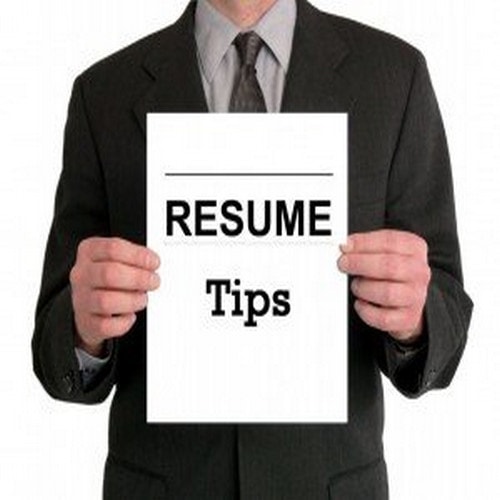
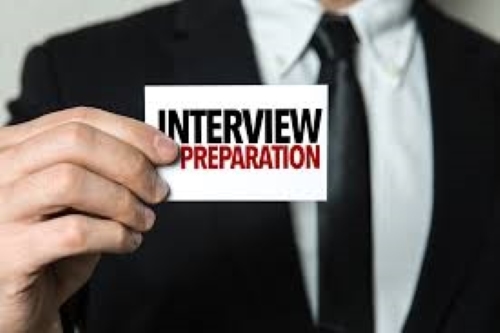
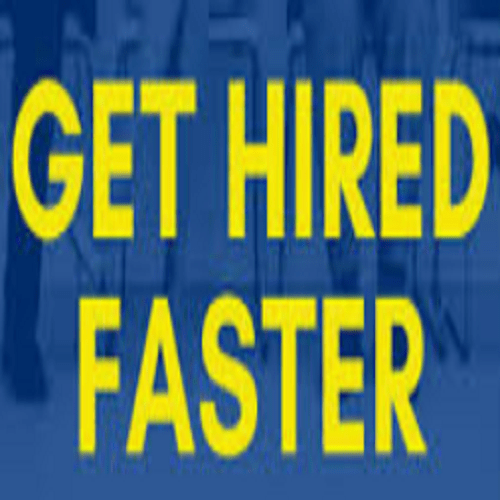



 Hands up! Who loves the sweaty palm inducing process that is the ‘dream job interview’? So far, you have impressed them with your CV and completed a great application form. You may have aced tests and now comes the face-to-face meeting.
Hands up! Who loves the sweaty palm inducing process that is the ‘dream job interview’? So far, you have impressed them with your CV and completed a great application form. You may have aced tests and now comes the face-to-face meeting.